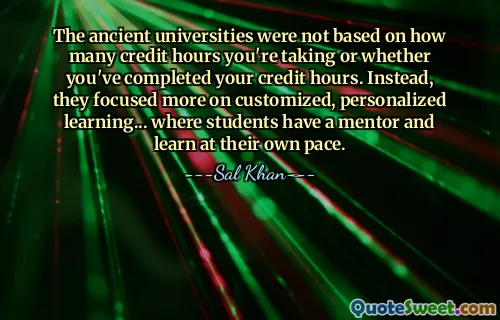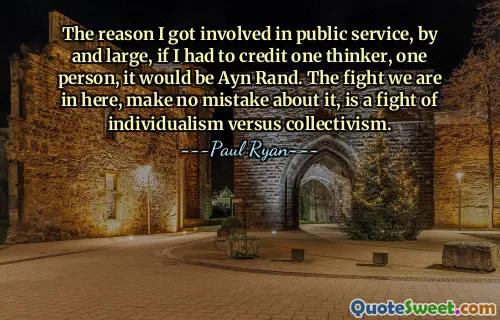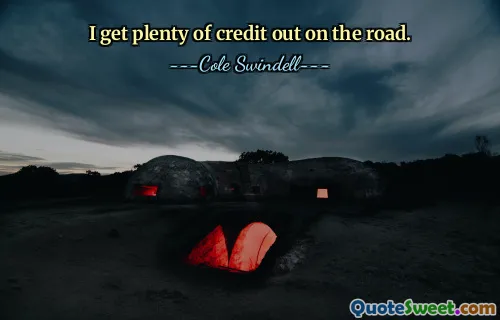She planted that terror of debt so deeply in her children that even now, in a changed economic pattern where indebtedness is a part of living, I become restless when a bill is two days overdue. Olive never accepted the time-payment plan when it became popular. A thing bought on time was a thing you did not own and for which you were in debt. She saved for things she wanted, and this meant that the neighbours had new gadgets as much as two years before we did.
The quote illustrates a mother's deep-seated fear of debt, which she instilled in her children, particularly in a world where living with debt is commonplace. This fear has residual effects, causing anxiety over overdue bills even in changed economic circumstances. It highlights how Olive's values clashed with contemporary norms, as she never embraced the concept of buying on credit, believing that one does not truly own items acquired through debt.
Olive’s approach to finances was based on saving money for purchases rather than relying on time-payment plans, which led to a significant delay in acquiring new items compared to their neighbors. This resulted in her family being less up-to-date with modern conveniences, embodying the tension between personal values and societal trends in consumerism. Through this lens, Steinbeck explores the theme of financial responsibility and the lasting impact of parental teachings on children's lives.




